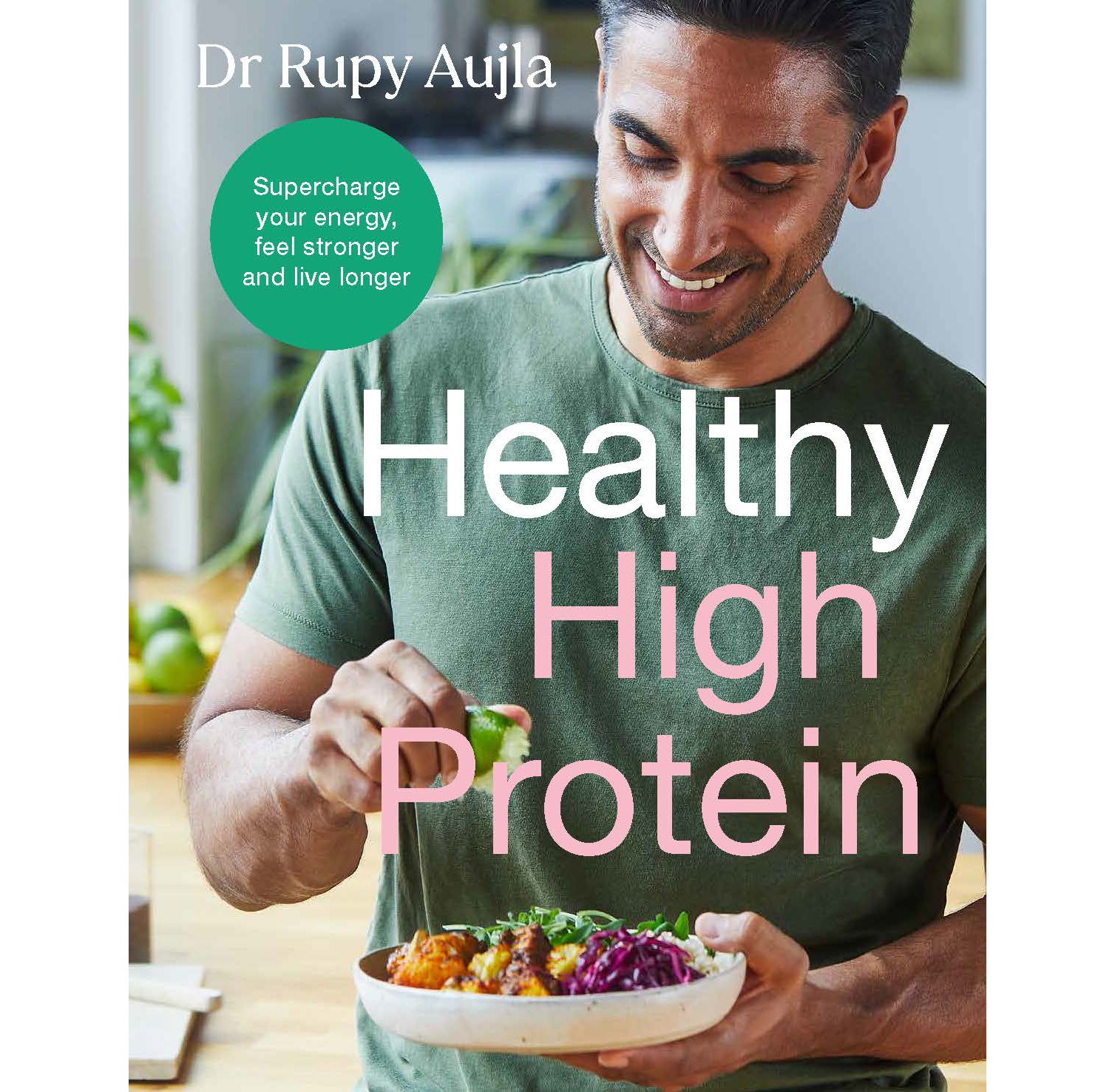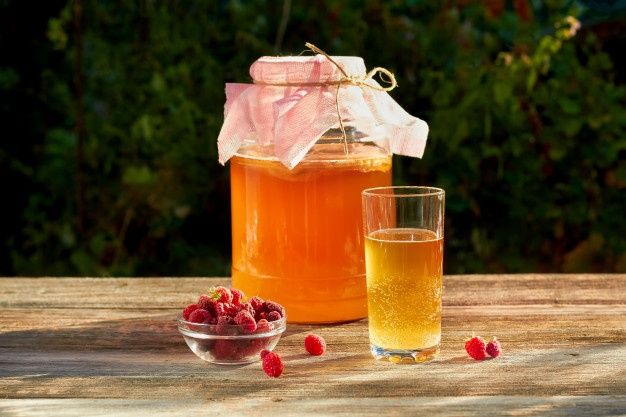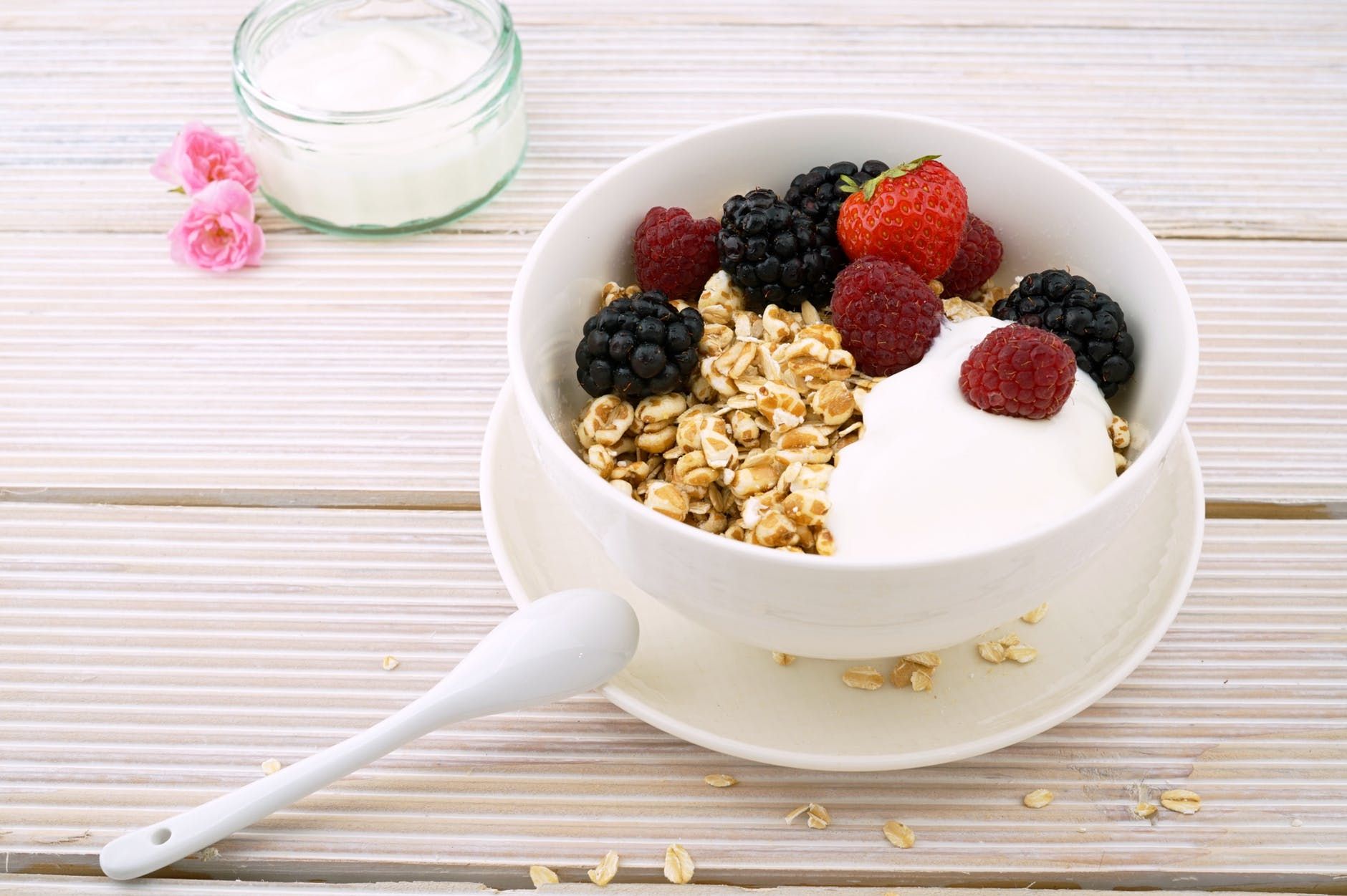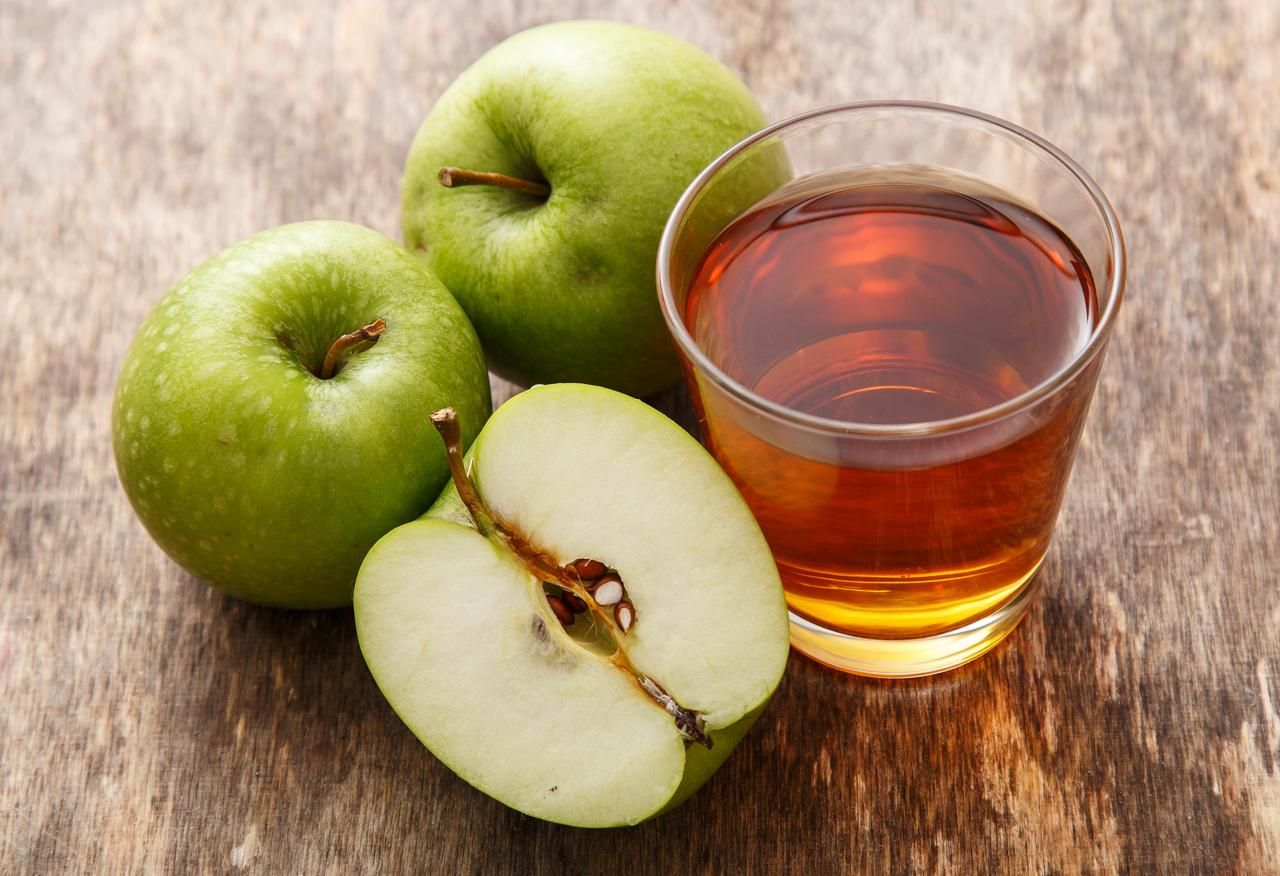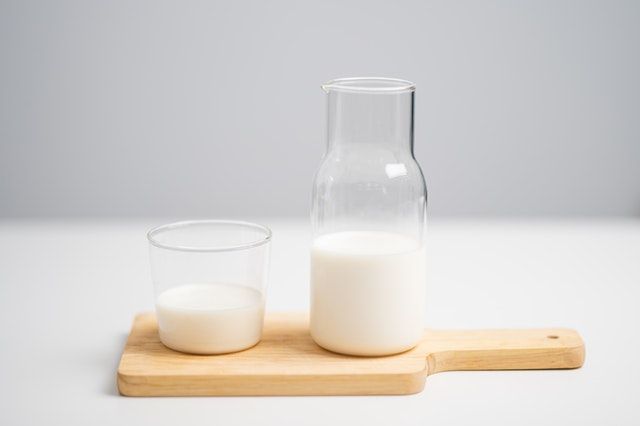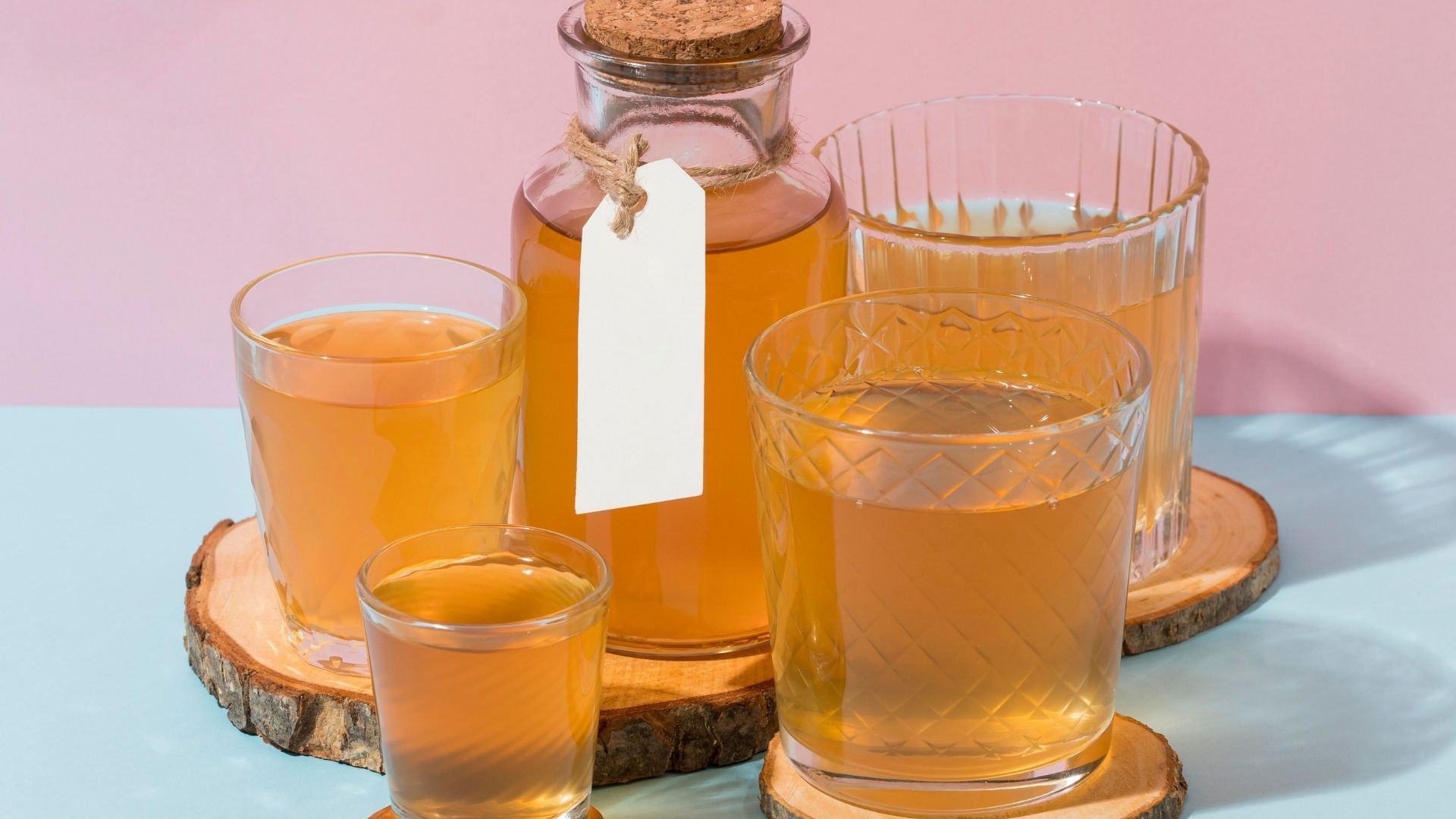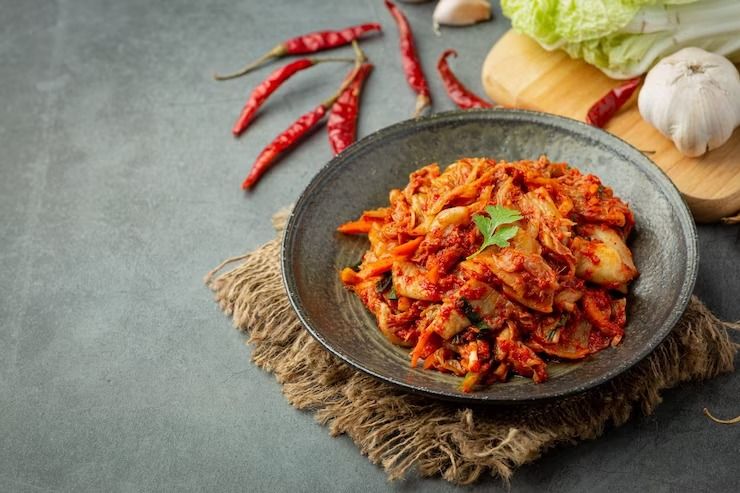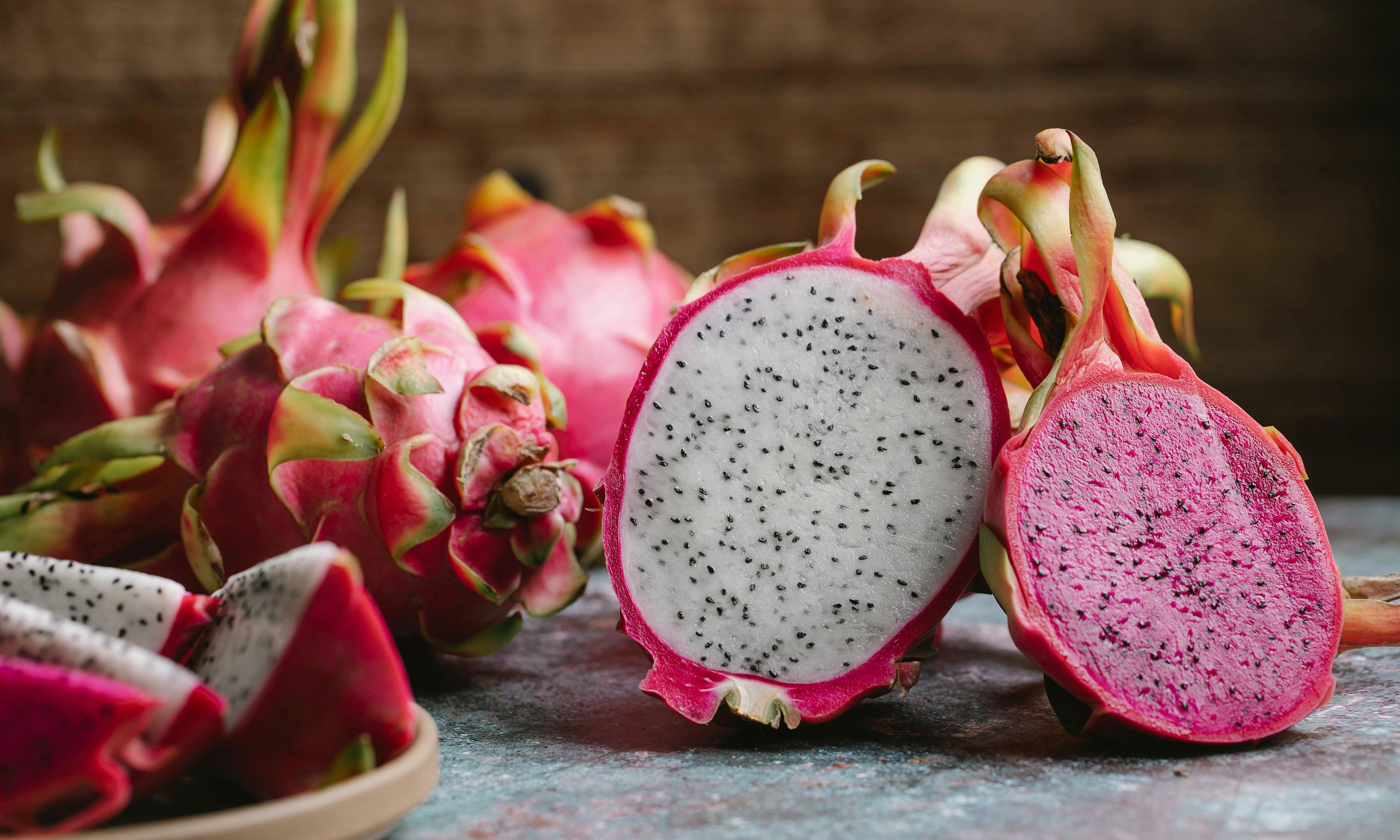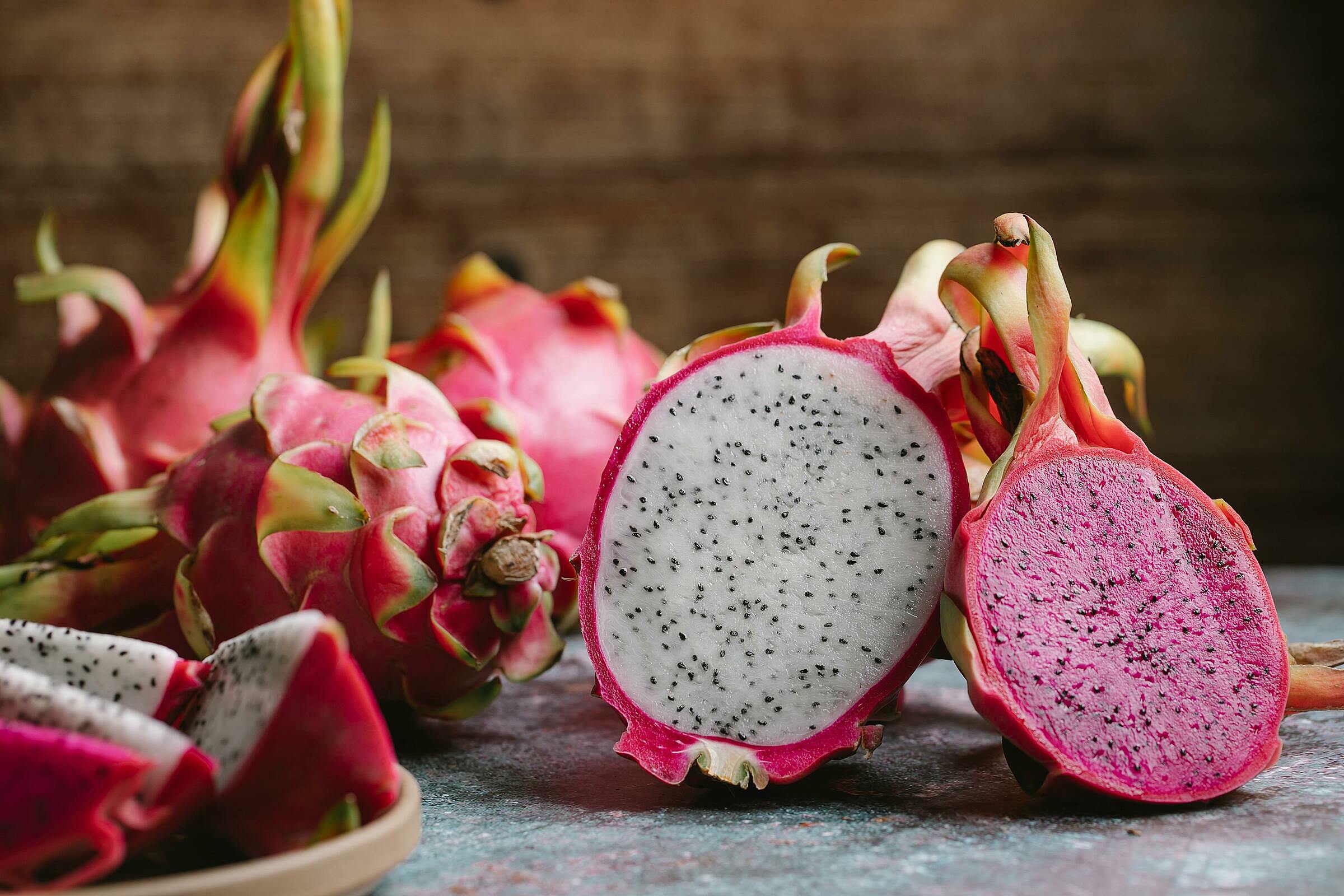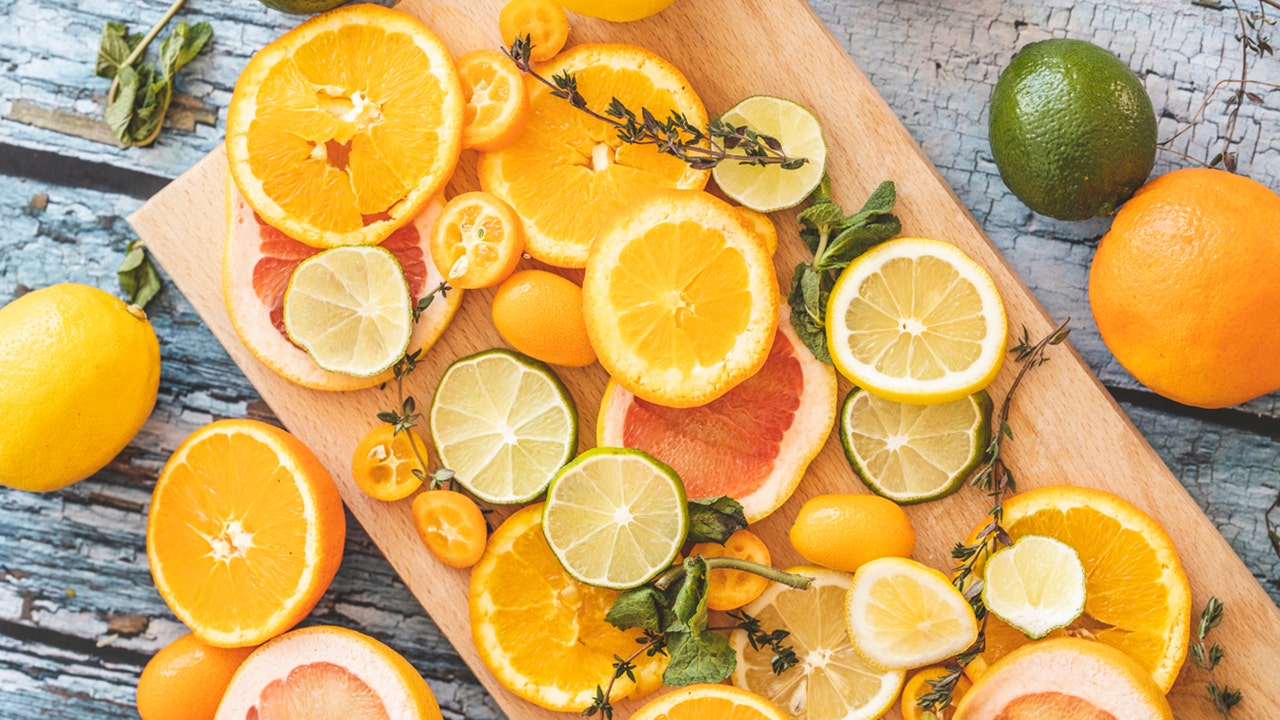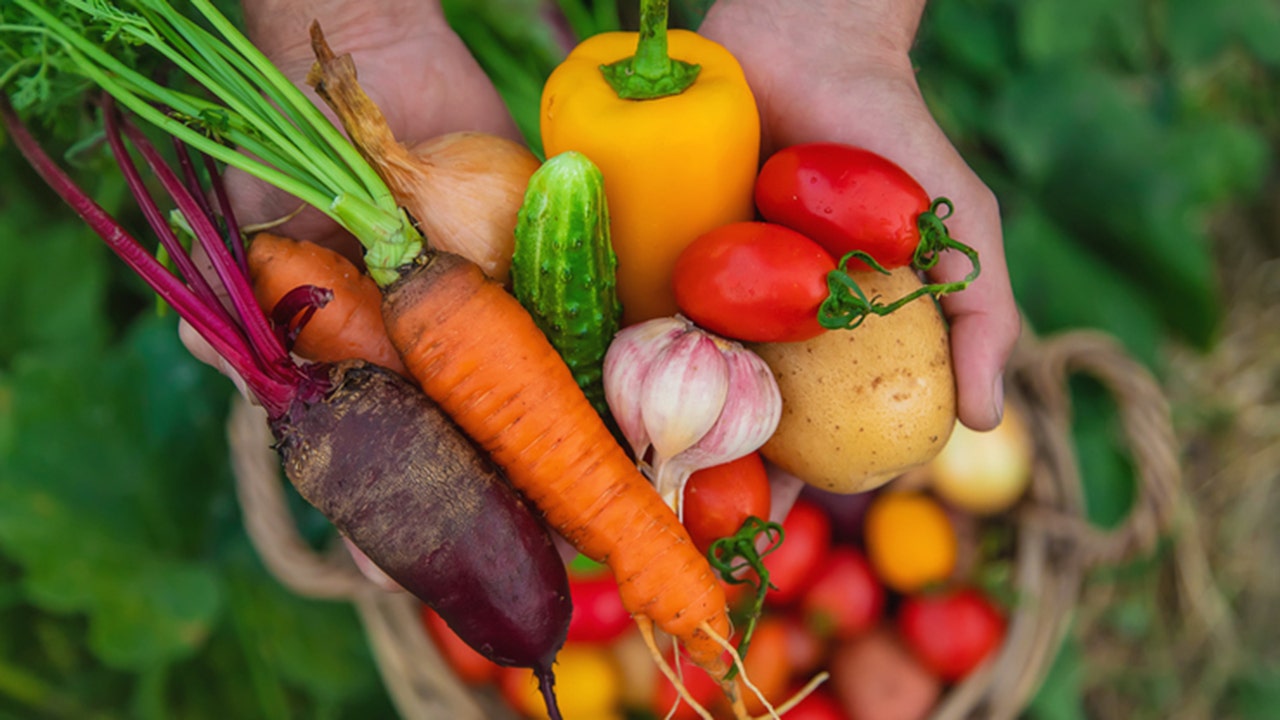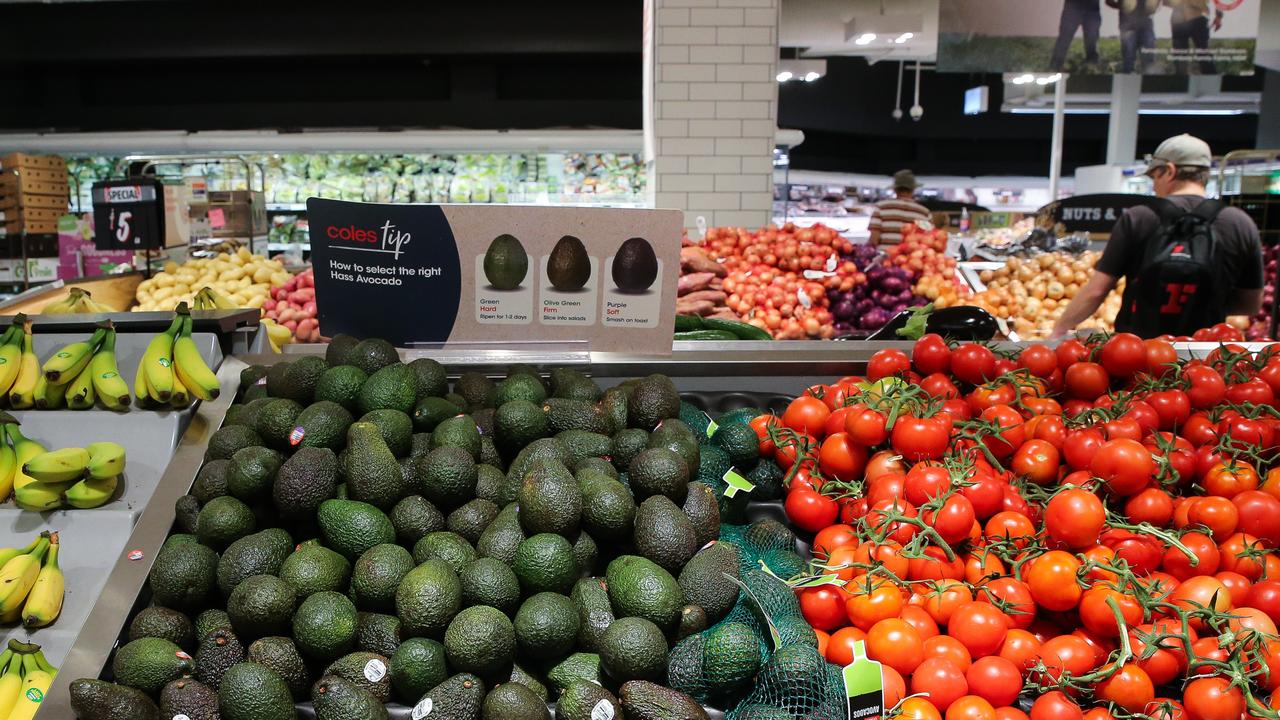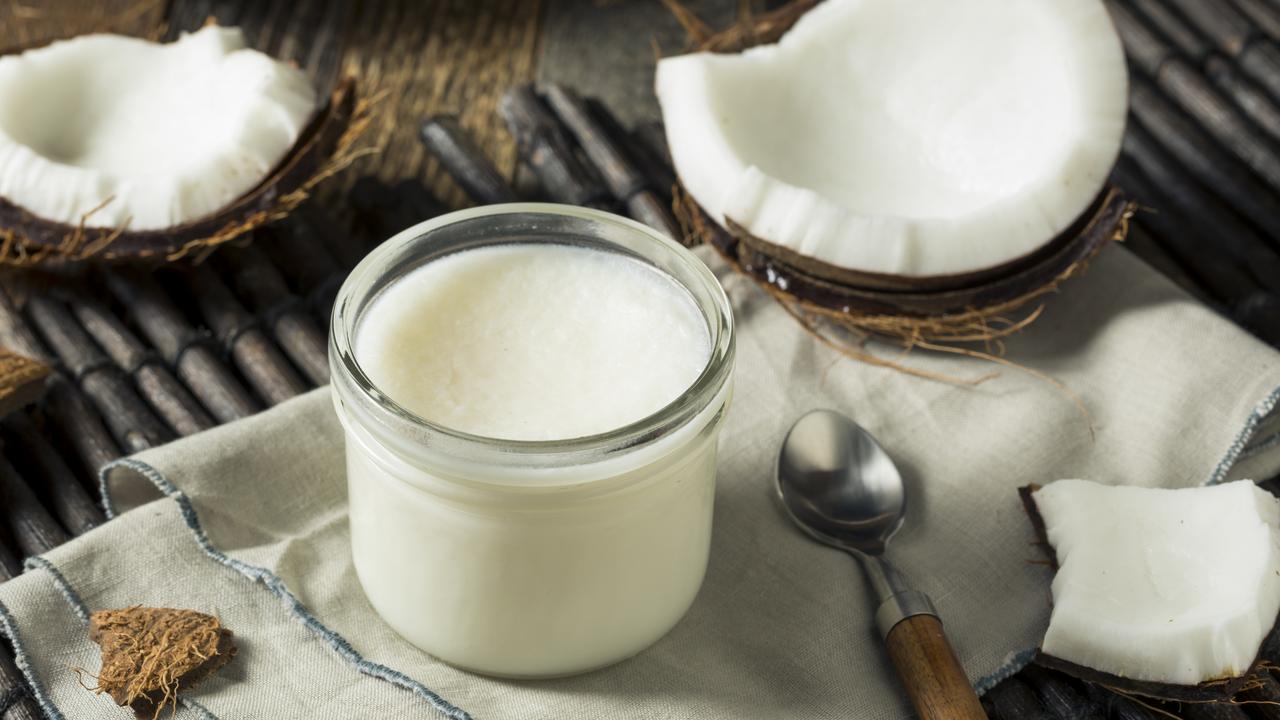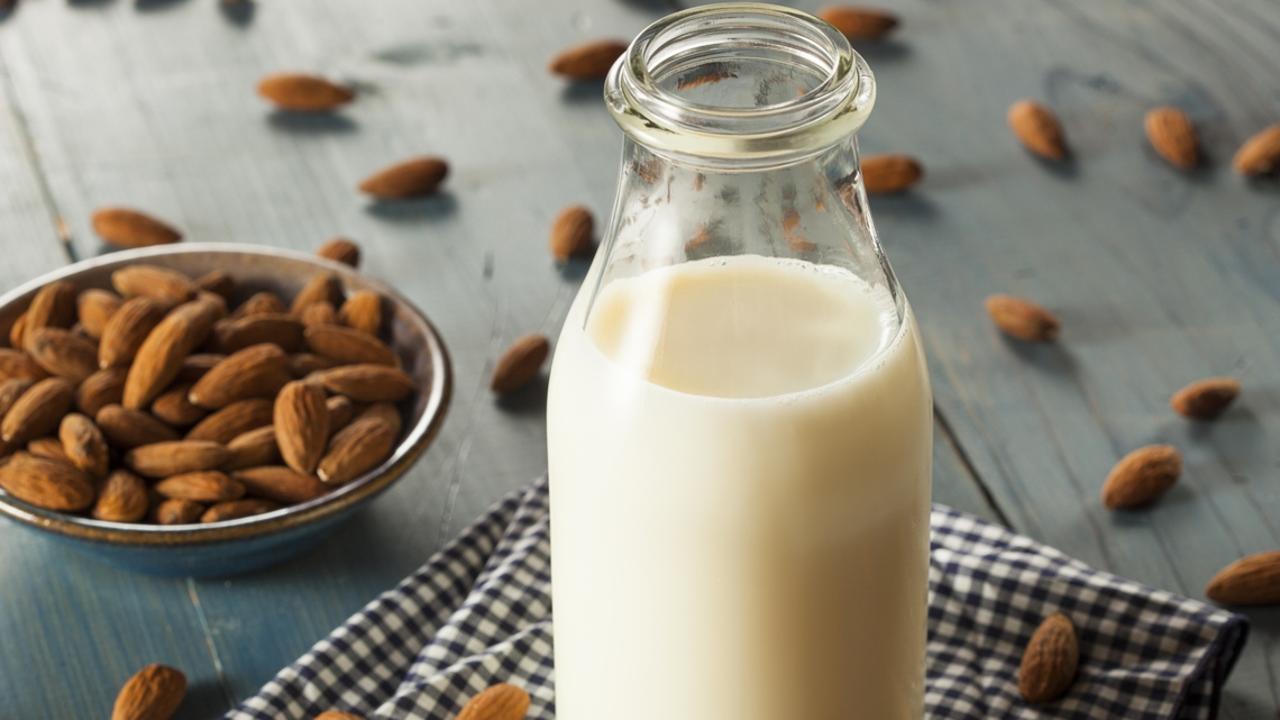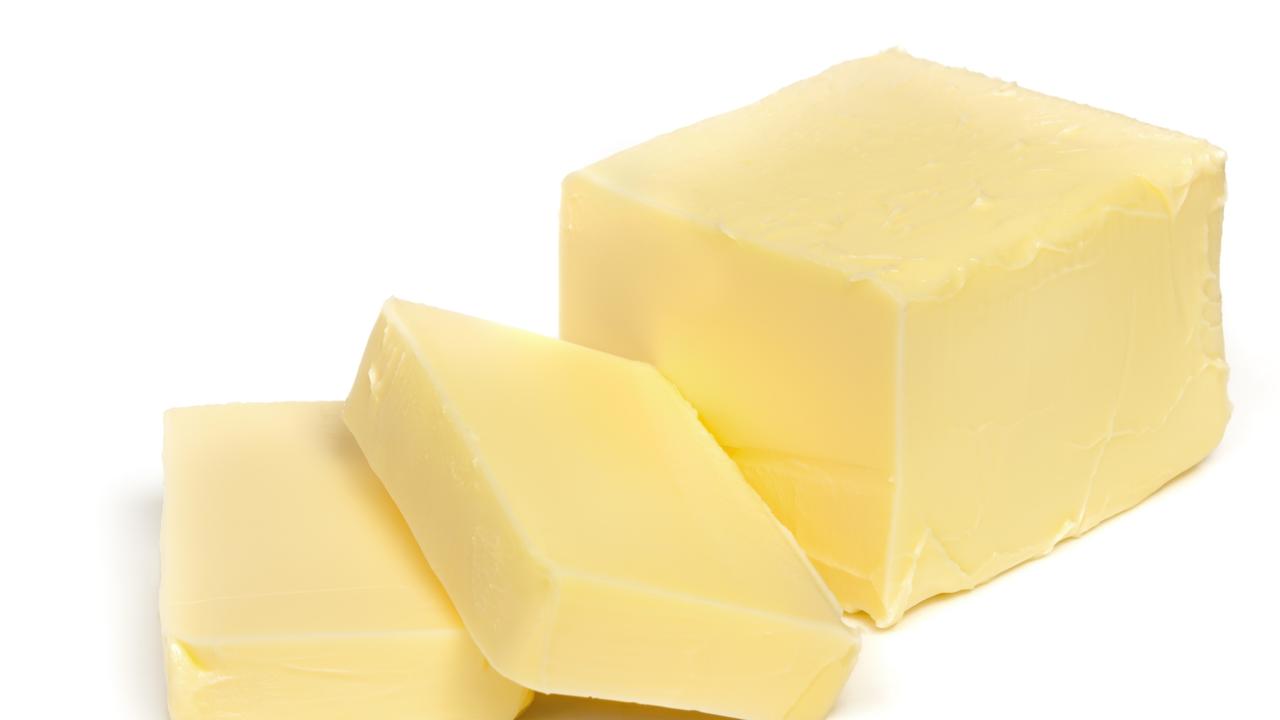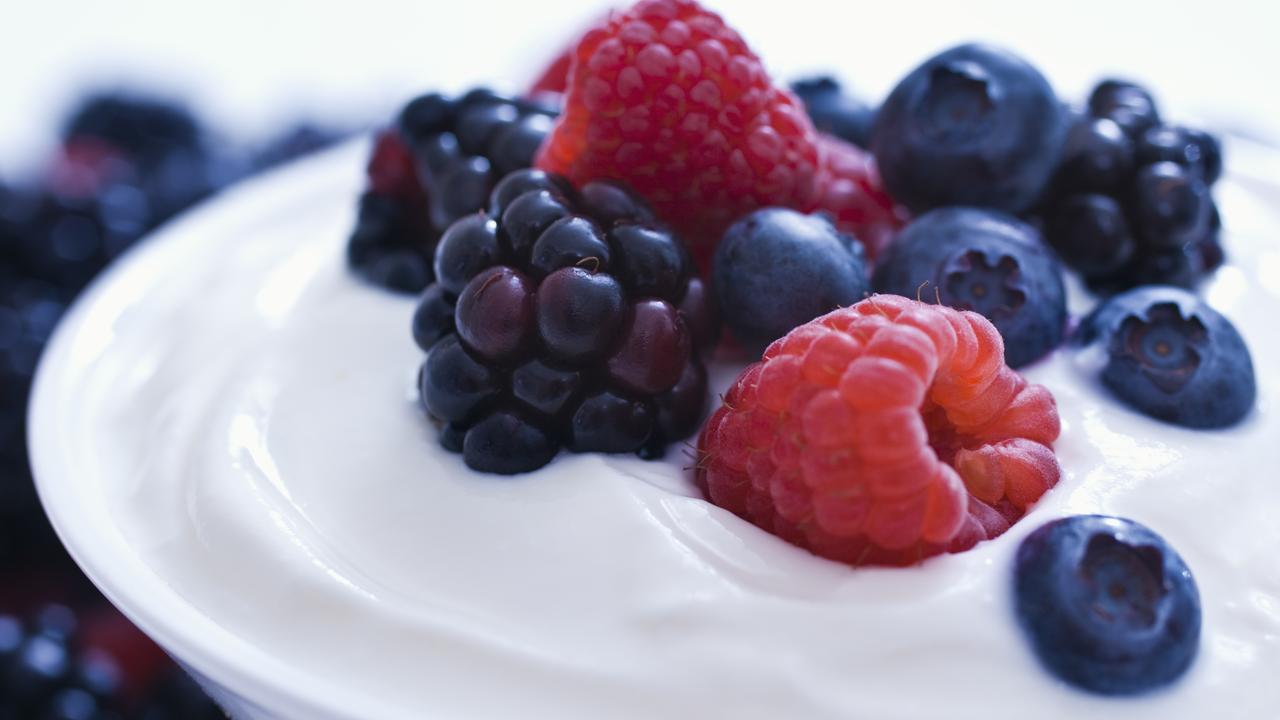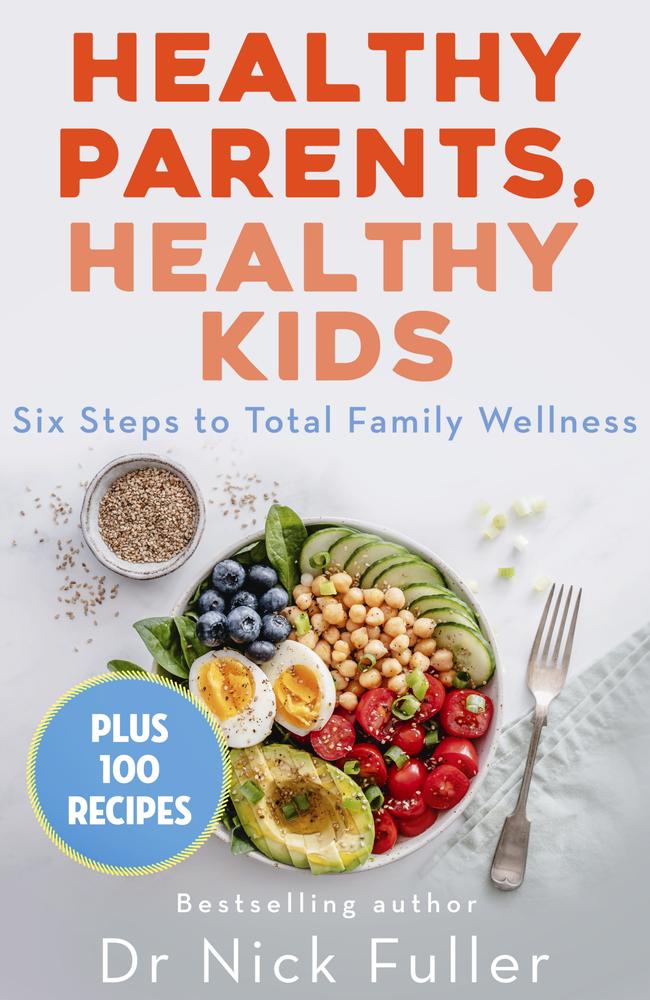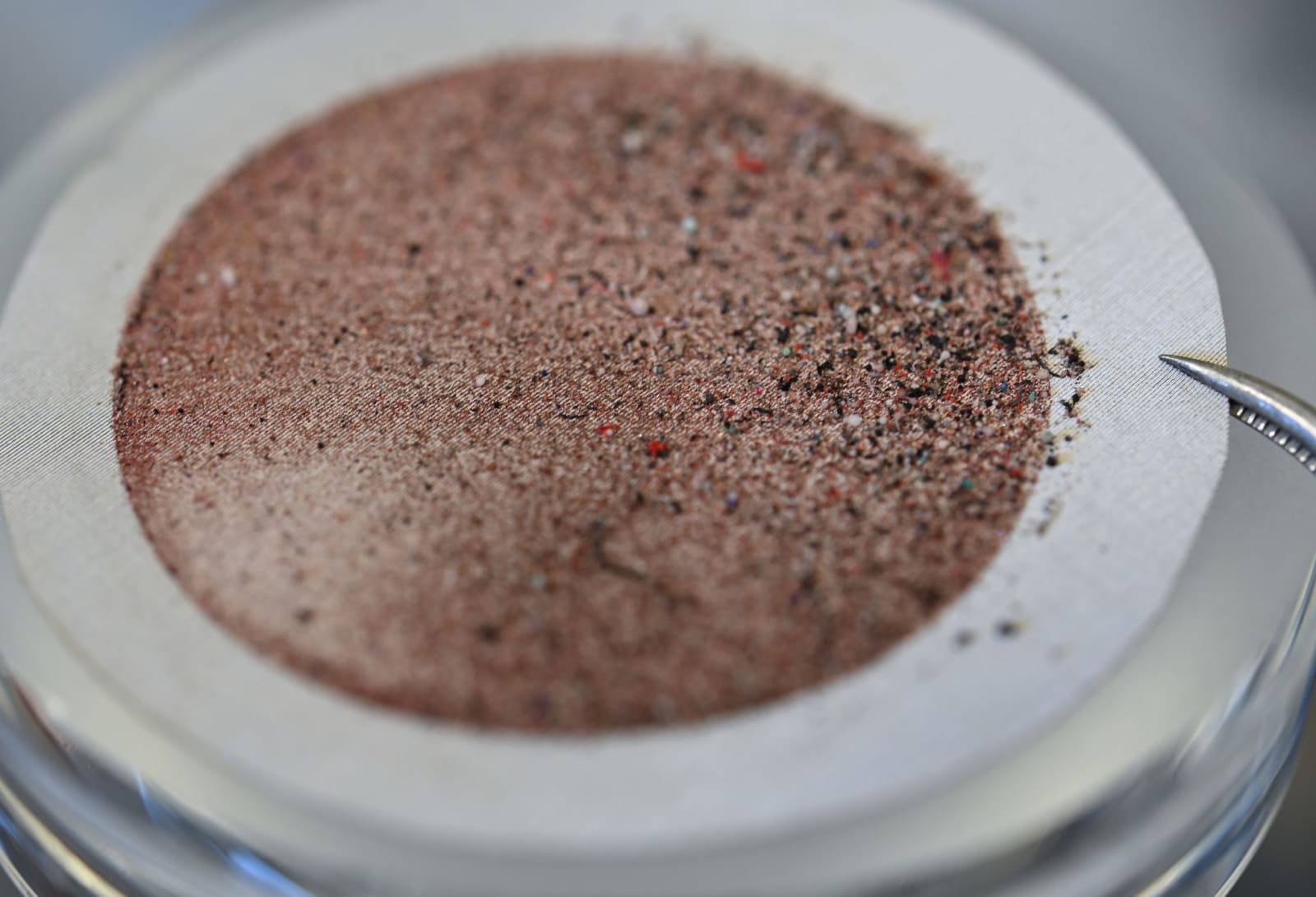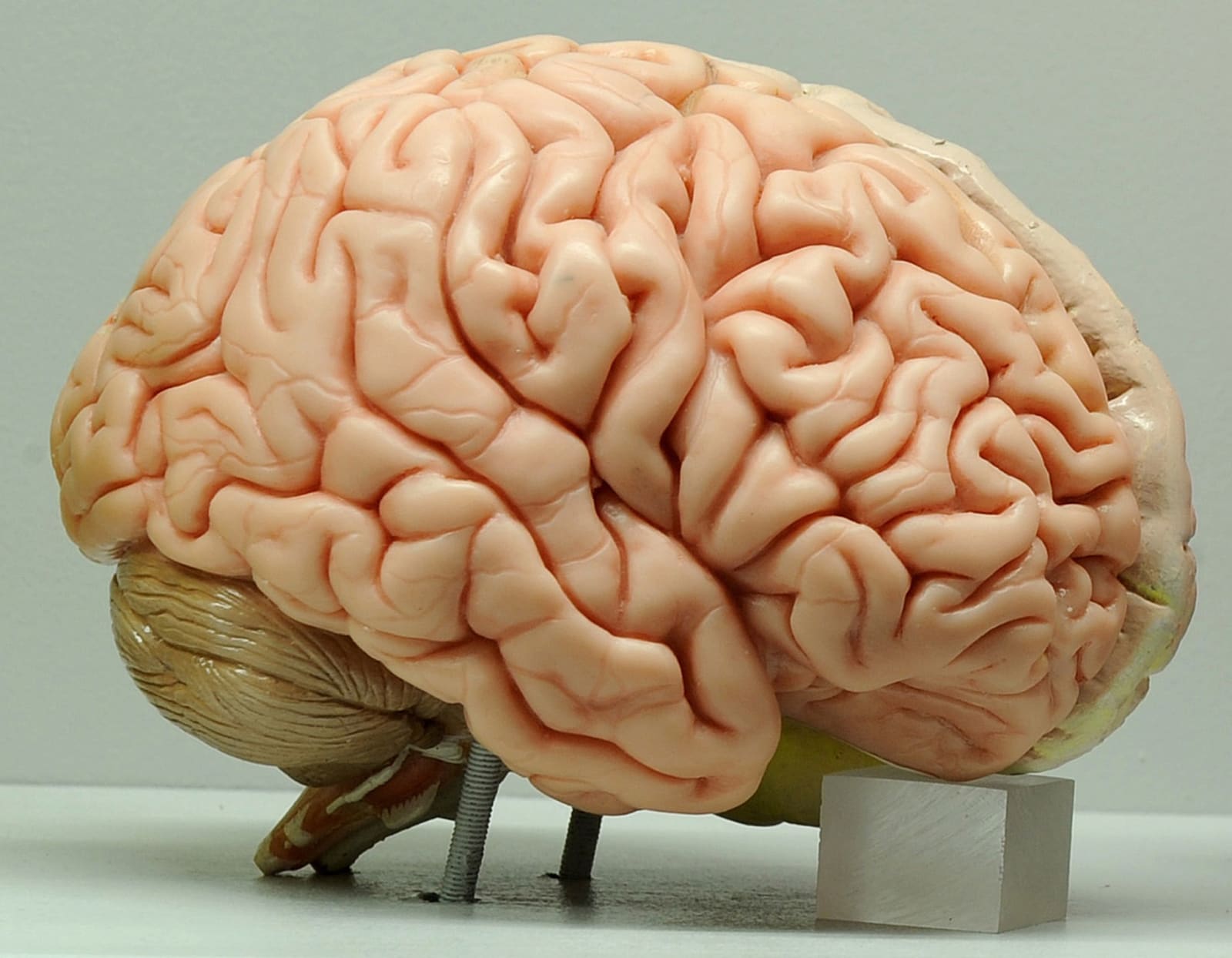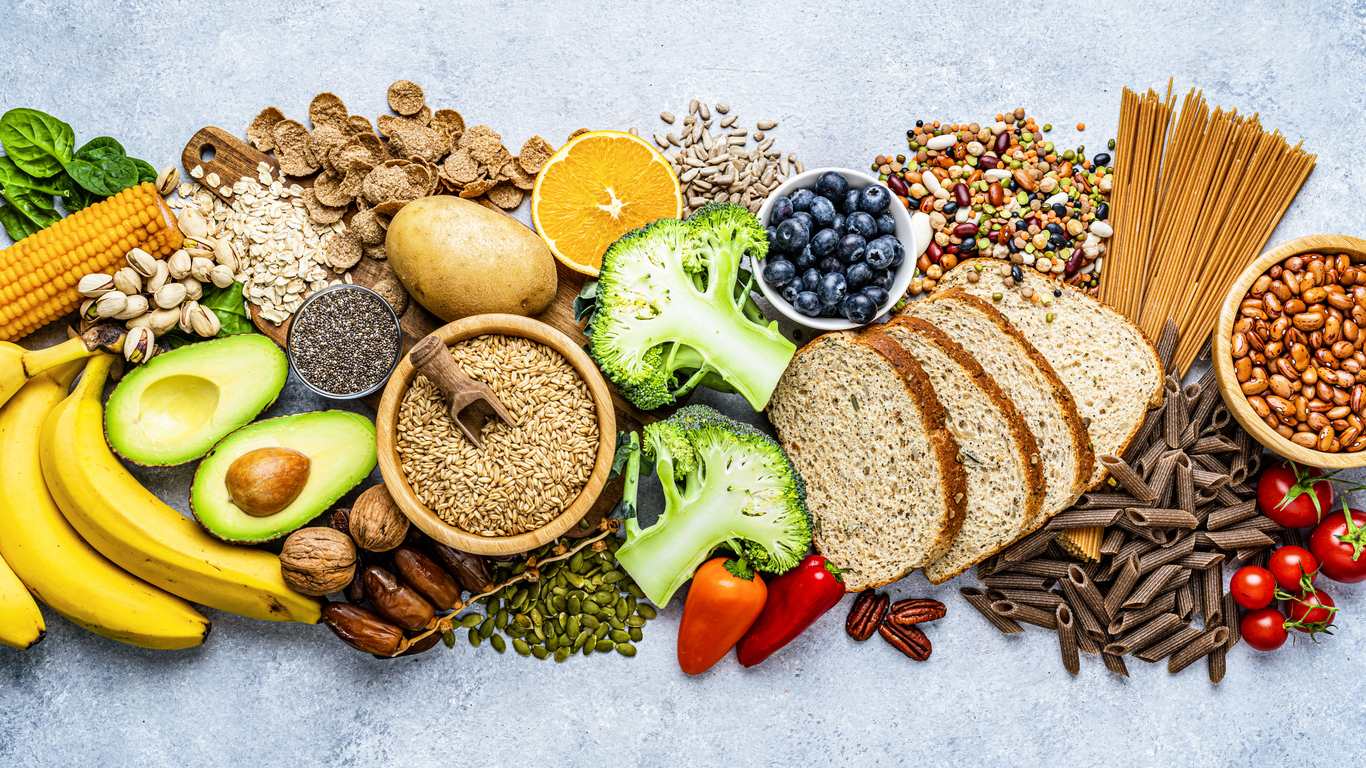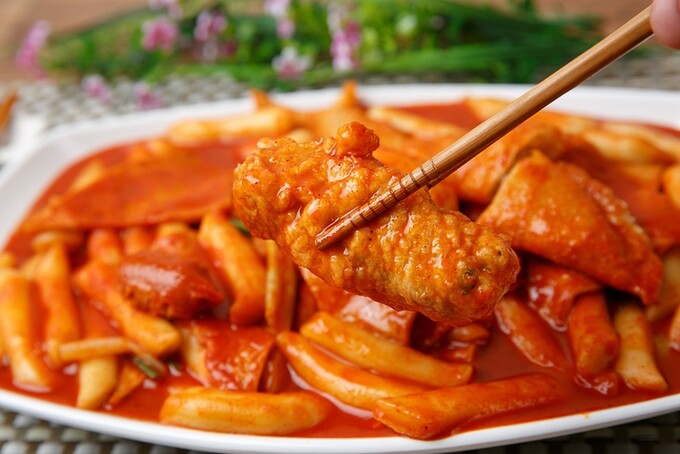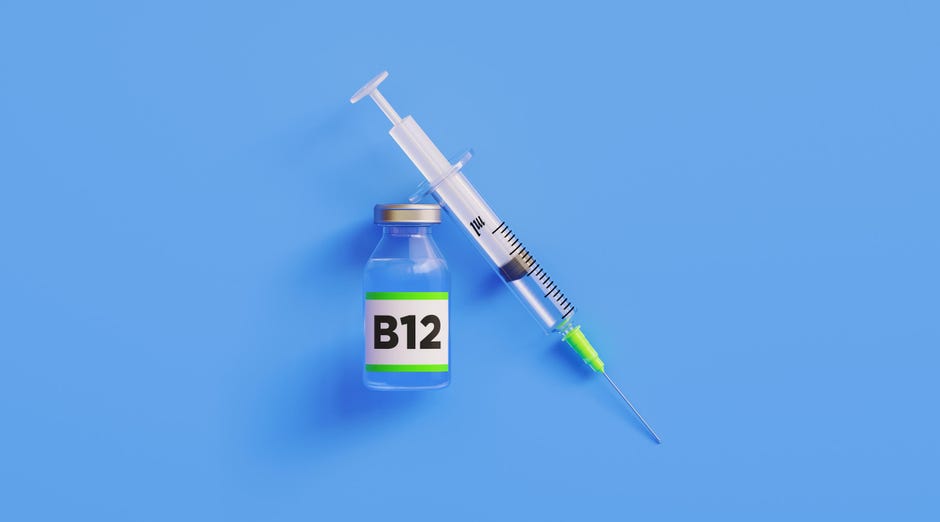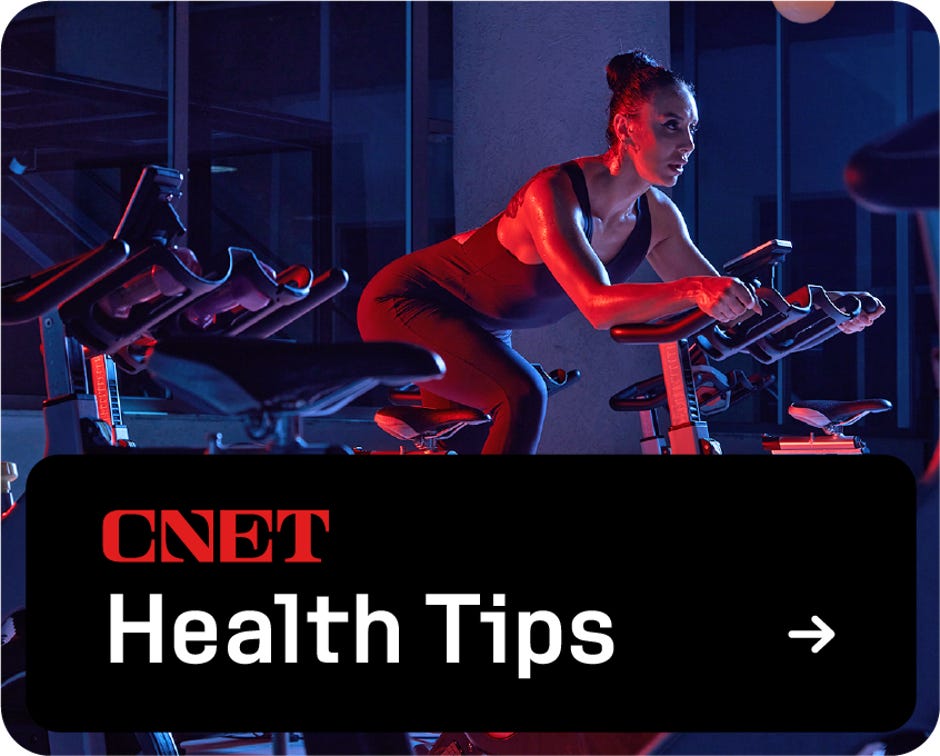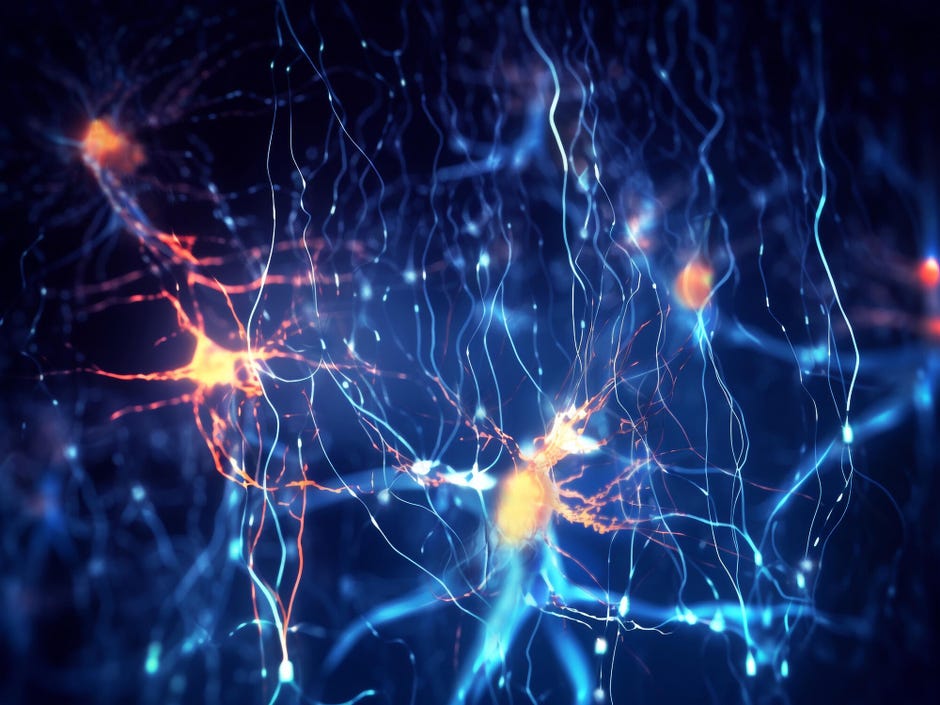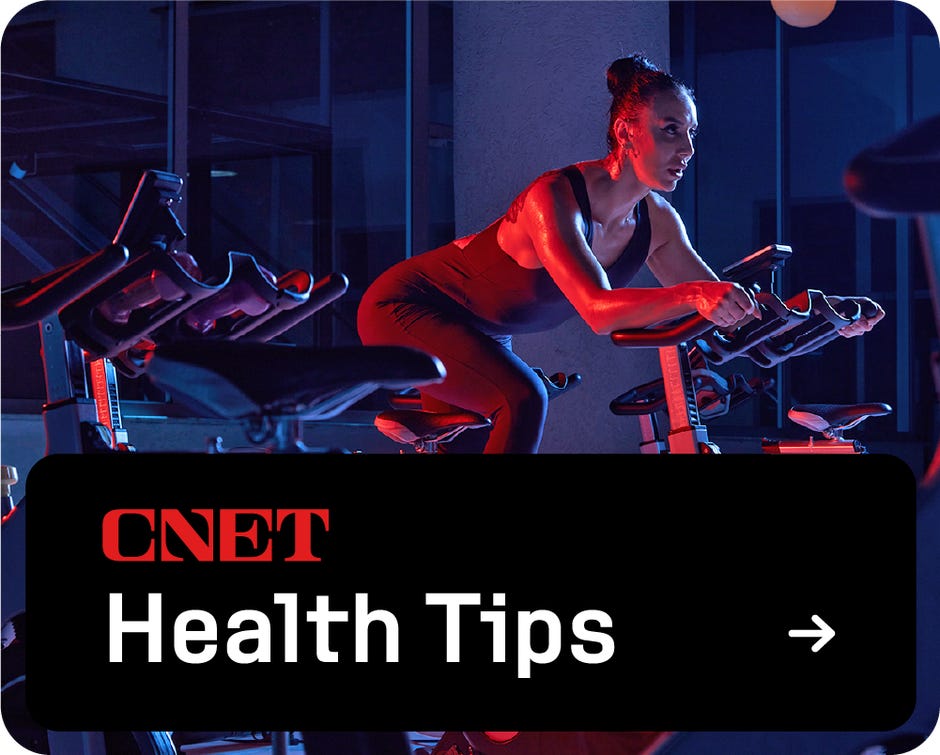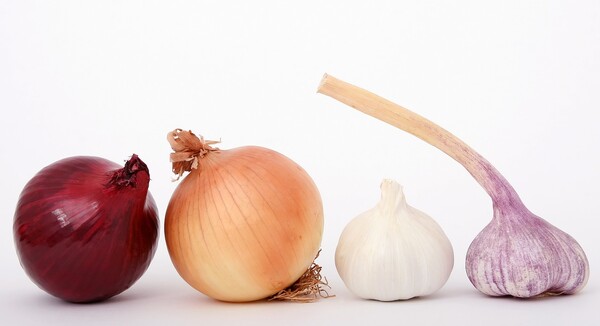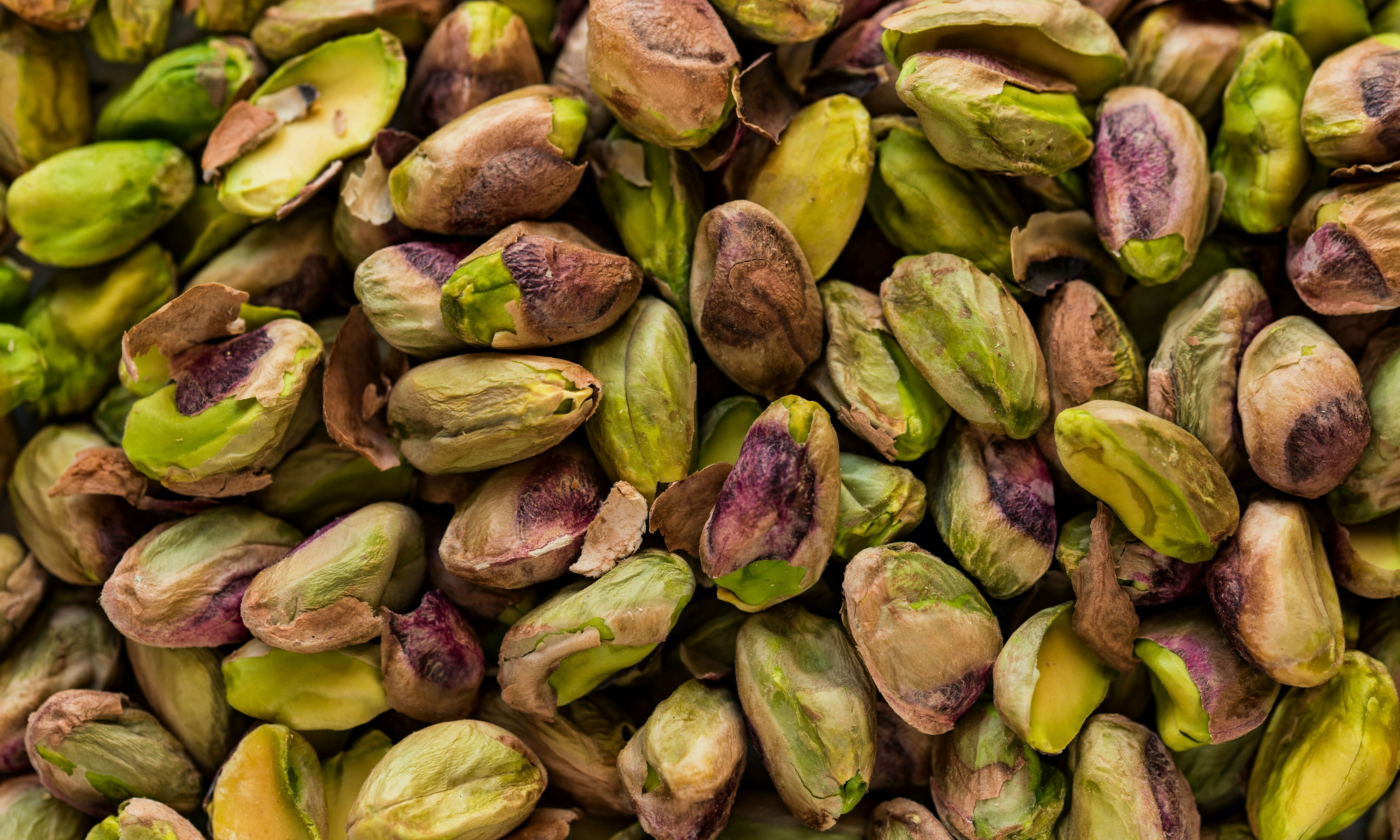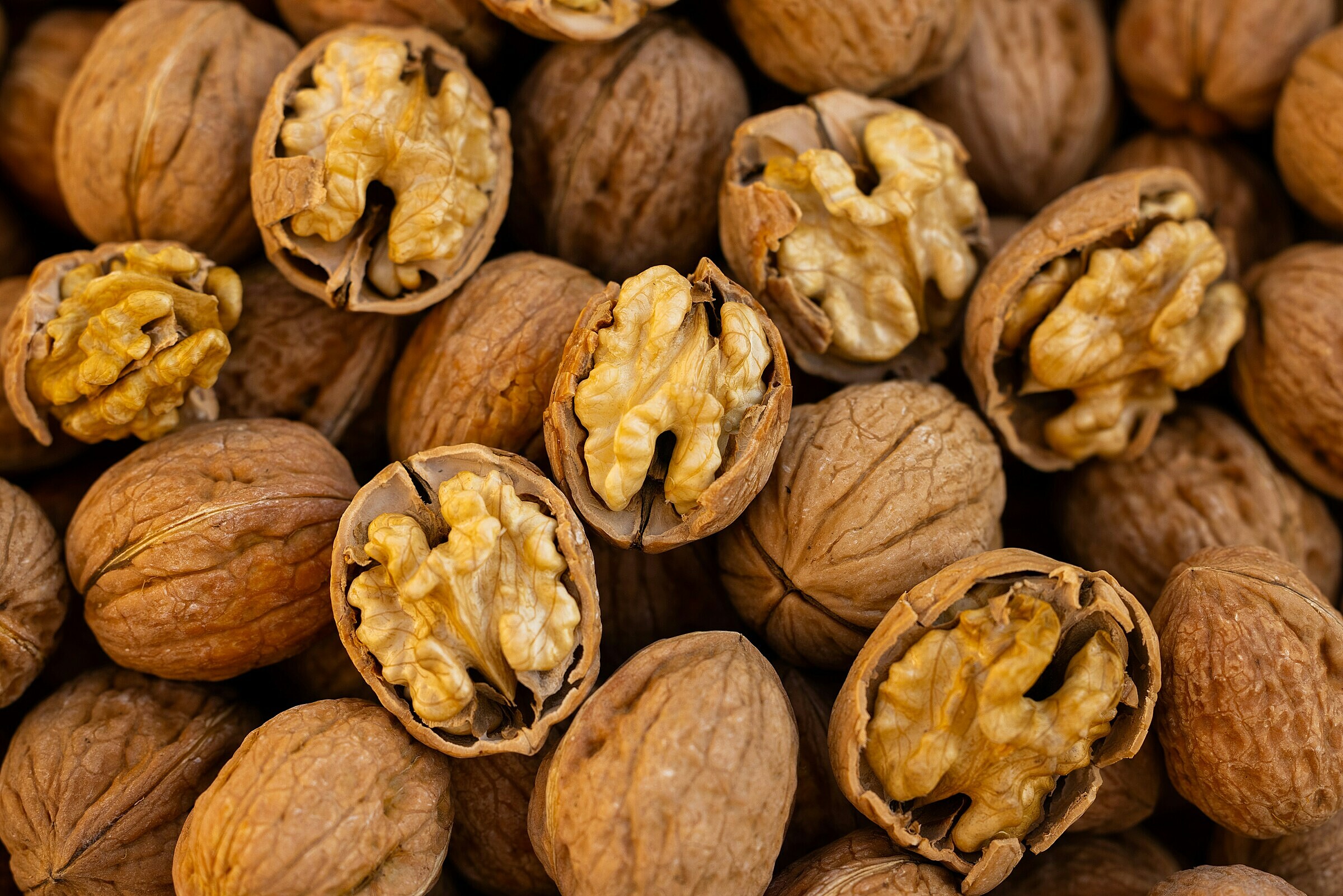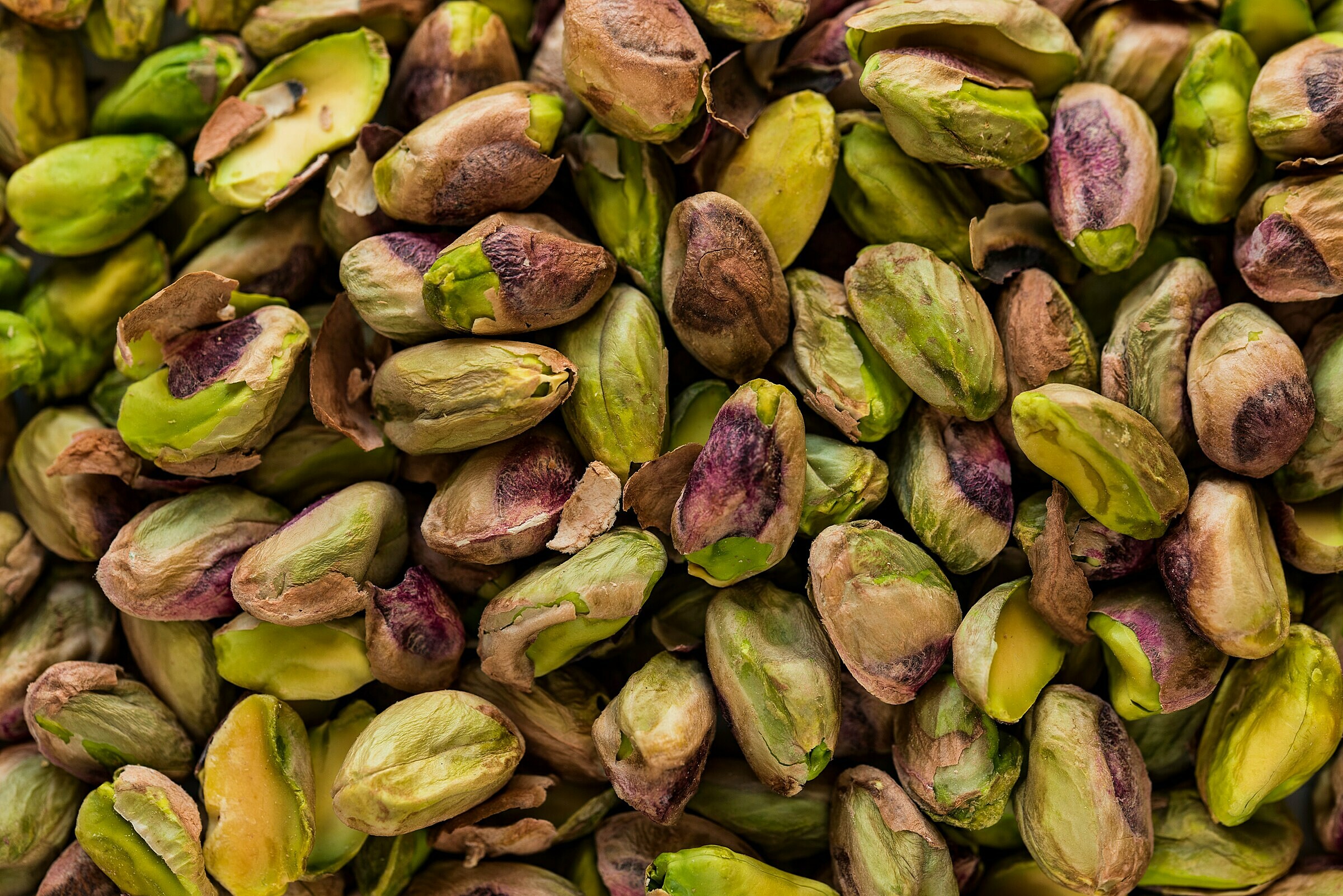For
vegans
and vegetarians trying to live a healthy lifestyle,
nutrition advice
can often be confusing. Learning which foods are rich in what nutrients, deciphering the impact of plant-based sources; and establishing whether
artificial replacements
are really up to scratch is not straightforward.
Dissecting the science of supplements can make it easier, however. Here,
The National
speaks to a range of experts to understand the why, when and how of taking supplements for vegetarians and vegans.
Take a blood test to understand deficiencies
“Before taking any dietary or food supplement, we should do blood tests to check the status of vitamins and minerals in the blood,” recommends Dana Al-Hamwi, a medical doctor and clinical dietitian. Her advice is echoed by other experts.
Consuming pills or powders of nutrients you are not deficient in is, at best, a waste of money and, at worst, harmful. While it is advisable to speak to a doctor if you're experiencing any symptoms (extreme tiredness can be linked to
vitamin B12 deficiencies
, for example, while a protein deficiency can lead to an overactive appetite), a more preventive approach includes self-opting for a blood test, says Al-Hamwi.
Seeking out personalised supplement services is one way to do so. Bioniq, a London-founded supplement company available across the UAE, for example, creates tailor-made capsules and powers after conducting a blood test, moving away from the blanket approach.
Nutritionist Oliver Motisi, Bioniq's chief product officer, explains: “When it comes to supplements, it is always best to take a personalised approach to determine if and what supplements are necessary for your specific needs. This is to ensure supplements are appropriate for you and can be taken in combination, and will not interact with any prescribed medication.”
Motisi says it is possible to be perfectly healthy with a well-planned vegetarian or vegan diet, but he explains: “The impact of nutrient deficiencies can vary depending on the individual's health status and ability to absorb and utilise nutrients.”
Dr Santy Antony Pottokaran, general practitioner at Aster Clinic, adds: “Factors such as age, gender, health status and activity level can influence nutrient requirements.”
How to spot high-quality supplements
Finding out precisely about deficiencies is just the first conundrum. The next is researching where to top up. Dr Pottokaran suggests: “Aim for a balanced approach that emphasises whole foods and incorporates a wide variety to ensure you're getting a broad spectrum of nutrients while using supplements strategically.”
By strategically, she means sourcing worthy replacements but acknowledges that the number of vitamin and supplement brands on the market makes that difficult. “Identifying high-quality supplements can be challenging,” she says.
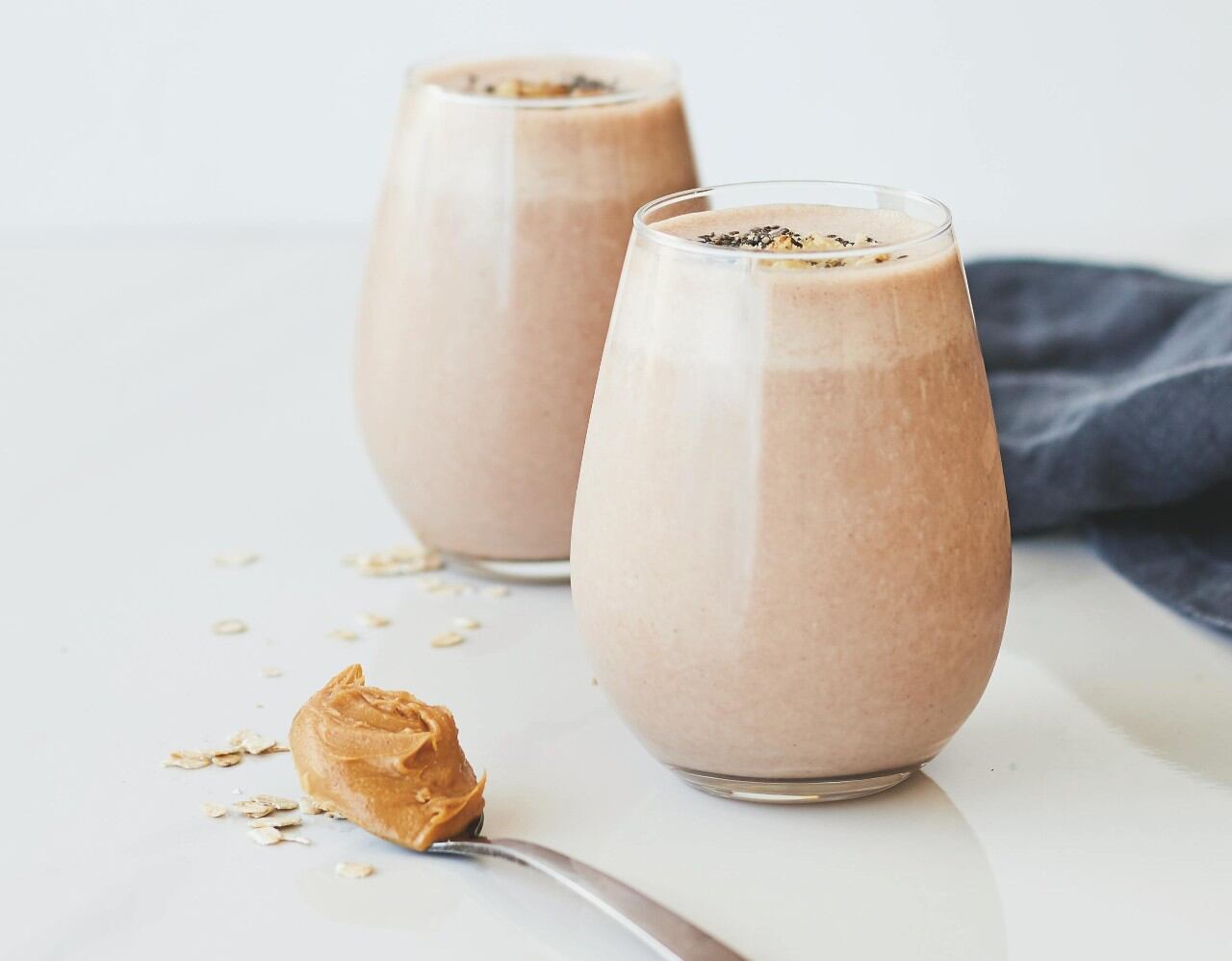
Although it requires a considerable amount of research, she recommends looking for third-party testing and certification (these will have a certification stamp displayed on the label); reading the label carefully; checking the source of ingredients (which can determine whether they are sourced from foods or made in a lab); researching the manufacturer, considering their form (powder, liquids or solids, which can impact absorption) and bioavailability (the amount of the nutrient that has an active effect); and finally consulting healthcare professionals if still unsure.
For many vegetarians and vegans who are looking for supplementation, however, avoiding
processed foods
altogether can be difficult. Besides certain nutrients being impossible to source from plant-based foods (vitamin B12) or not reaching the recommended amount while steering clear from meat (iron), there's the element of
convenience and price point
to consider, too.
In which case, does the need to top-up nutrients trump any avoidance of
ultra-processed
foods? In a word – yes, says Dr Pottokaran. While the conversation is nuanced, “the priority is to meet all vitamin requirements for optimal health”.
Take protein as an example. It is a common nutrient supplemented by many through powders, shakes and confectionery-like bars. “
Supplements like protein
shakes can still be recommended for vegans, even if they contain elements that are considered ultra-processed,” she says.
While ultra-processed foods over time (and as a mainstay in any diet) can and do have
detrimental effects
, experts say deficiencies can cause more severe and immediate illnesses.
The same goes for fortified foods. They may not be the first choice of vitamin resources, but Dr Al-Hamwi says they should not be ruled out as a method of adding nutrients to our diets. “For vegetarians and people on a vegan diet, it's essential to include fortified food to their daily diet, and they should read into the nutrition facts of the products before purchasing to choose the correct healthy fortified products,” she says.
Common vitamin and mineral deficiencies
Whether at the blood-testing stage or sussing out the supplements, experts suggests being mindful of the following nutrients when following a diet that is primarily plant-based.
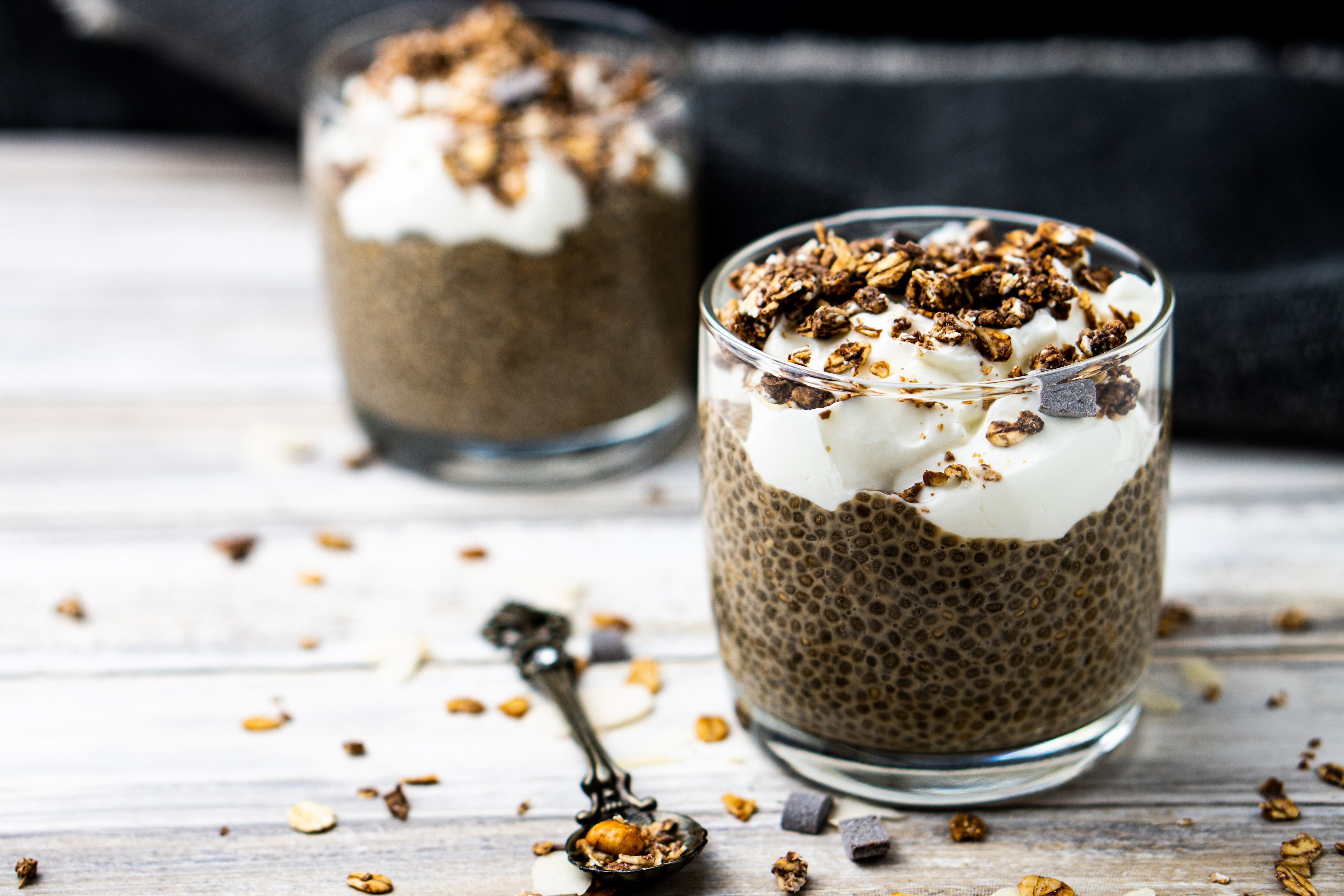
B12:
As this vitamin is found in meat, poultry and eggs, people on vegetarian or vegan diets usually suffer from symptoms of B12 deficiency. “Vitamin B12 is essential for body metabolism and helps reduce blood cell formation and anaemia prevention,” says Dr Al-Hamwi. “It also supports bone health and helps in preventing osteoporosis; moreover, vitamin B12 is important for the nervous system and helps in improving mood and reducing depression symptoms.”
Vegetarians can source B12, but experts say vegans need supplements, and IV and B12 shots are also available when speaking to a medical professional.
Iron:
Plenty of plant-based foods are sources of iron – beans, lentils, tofu, and spinach are good examples – but nutrients from different sources can affect the body differently. “Iron in plant sources is in a form (non-heme iron) that is not as readily absorbed as the heme iron found in animal products,” explains Motisi. “Pairing plant-based sources of iron with vitamin C-rich foods can enhance absorption.”
Experts say those with iron deficiencies may experience symptoms such as unexplained fatigue, rapid heartbeat, brittle hair and nails, and a pale complexion.
Omega-3:
While fish might be the first thing that comes to mind when considering omega-3-rich foods, experts say there are plenty of plant sources too, including many nuts and seeds, such as walnuts and chia seeds.
Whether opting for a supplement or plant-based source, Chagoury warns: “Omega-3 fatty acids from plant sources like flaxseeds need to be converted to active forms, so including foods that support this conversion, like those rich in vitamin B6 and zinc, can be helpful. Omega-3 fatty acids, particularly EPA and DHA from algal oil supplements, are essential for
heart and brain health
.”
Omega-3 aids many functions in the heart, blood vessels, lungs and immune system.
Calcium and vitamin D:
Dairy products are a key source of calcium, meaning abstaining vegans may be more prone to deficiencies. “A calcium deficiency can have significant long-term consequences on our bone health and increases the risk of developing osteoporosis,” says Motisi.
Plant-based foods rich include tofu, broccoli, kale, sweet potatoes, okra and fortified
plant milks
. However, experts stress that consuming calcium-rich food or supplements alongside other ingredients is advisable to aid absorption.
Chagoury explains: “Vitamin D aids in calcium absorption, so ensuring adequate vitamin D through sunlight and fortified food supplements is important.”
While
vitamin D is a common deficiency
, excessive intake can be harmful too, causing “side effects such as dehydration, seizures, coma and even death”, warns Motosi. “This is because it leads to dangerously high levels of blood calcium called hypercalcaemia. While calcium and vitamin D can be taken safely together, this interplay does highlight how we should be careful.”
Zinc:
“It supports immune function and cellular metabolism, but is often lower in plant-based diets,” says Chagoury. Foods such as whole grains, tempeh, legumes, tofu and dairy products are sources of zinc.
Deficiencies can produce symptoms such as eczema-like skin texture, hair loss, being more prone to infections and longer wound-healing windows.
Protein:
Proteins are the building blocks of muscles, and ample consumption is essential for muscle building and long-term health. Experts say those not meeting the daily recommended allowance may notice skin, hair and nail issues, and may experience an enhanced appetite.
“For protein, plant-based supplements like pea, hemp or soy protein powders are effective alternatives,” says Chagoury. “When selecting protein supplements, look for ones with a complete amino acid profile and minimal additives.”
